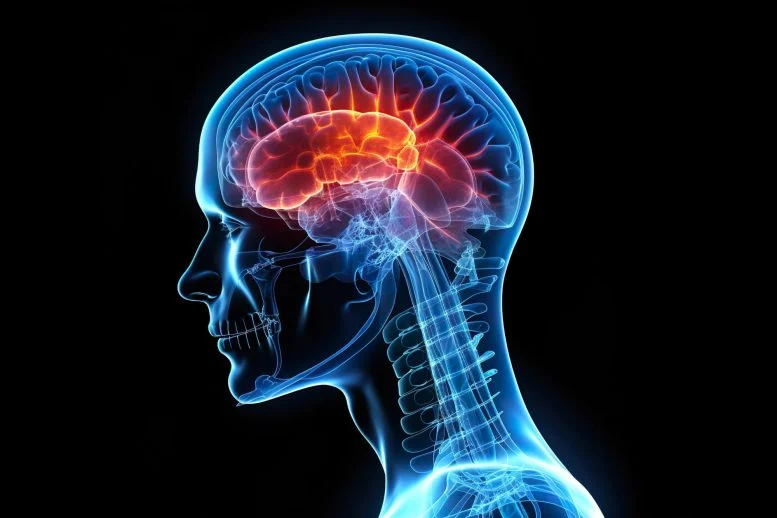The U.S. Food and Drug Administration (FDA) has granted fast-track approval for Kebilidi, the first gene therapy in the United States to be administered directly into the brain. This groundbreaking treatment is designed to address aromatic L-amino acid decarboxylase (AADC) deficiency, a rare and life-threatening genetic disorder that severely impacts physical and neurological development.
Revolutionizing Treatment for AADC Deficiency
AADC deficiency results from a lack of the enzyme that produces dopamine, a crucial brain chemical. The condition, which emerges in infancy, leads to profound physical and mental disabilities, including movement disorders and painful seizure-like episodes known as oculogyric crises. Life expectancy is significantly reduced for individuals with the disorder.
Kebilidi (generic name: eladocagene exuparvovec) delivers a functional gene to a targeted area of the brain, enabling the production of the AADC enzyme. This, in turn, restores dopamine levels and gradually alleviates movement-related symptoms. The therapy is specifically approved for children with fully developed skulls and adults, with the delicate procedure to be performed exclusively by neurosurgeons at specialized medical centers.
Clinical Evidence and Ongoing Research
The FDA’s decision was based on promising results from an ongoing clinical trial involving 13 children with AADC deficiency. Participants showed improved motor functions and reductions in oculogyric crises after receiving the treatment. However, the FDA has emphasized the need for long-term follow-up studies to confirm the therapy’s sustained effectiveness and safety before granting full approval.
PTC Therapeutics, the manufacturer of Kebilidi, stated that the therapy represents a major advance for families affected by AADC deficiency, offering hope for better quality of life and longer survival.
Risks and Side Effects
While Kebilidi offers significant potential benefits, the procedure and therapy come with notable risks. Common side effects include involuntary movements (dyskinesia), anemia, fever, low blood pressure, excessive salivation, and sleep disturbances. Serious complications related to the injection procedure, such as cerebrospinal fluid leaks, brain bleeding, strokes, and infections, are also possible.
A New Frontier in Gene Therapy
Kebilidi’s approval marks a significant milestone in medical innovation, as the first FDA-approved gene therapy delivered directly to the brain. It highlights the growing potential of gene therapies to address previously untreatable disorders. Experts anticipate that this breakthrough will pave the way for similar treatments targeting other neurological and genetic conditions.
As long-term studies continue, Kebilidi offers a transformative new option for patients and families grappling with AADC deficiency, representing a beacon of hope in the rapidly evolving field of gene therapy.












